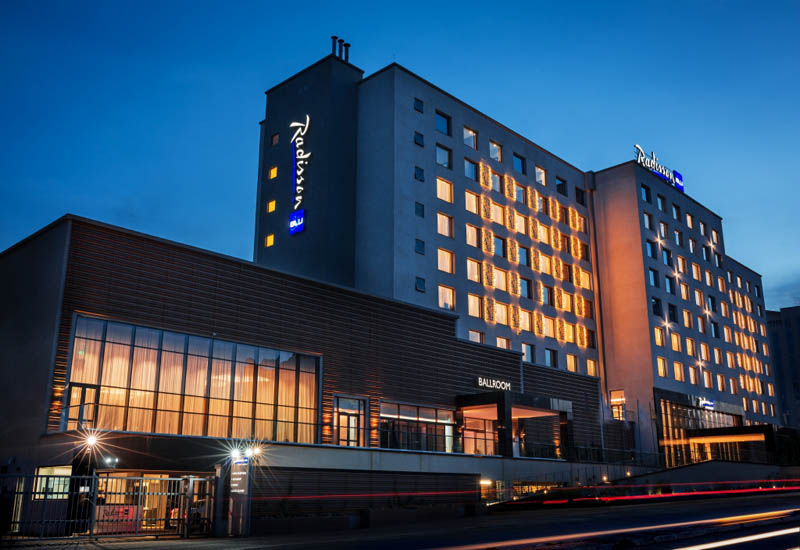Carlson Rezidor is set to see a doubling of its portfolio, with expansion plans in Africa on target.
The operator is on track to achieve its target of more than 23,000 rooms open or under development in Africa by the end of 2020, according to a company press statement.
Rezidor president and CEO Wolfgang M. Neumann said: "Africa has always been close to our hearts. We were the early movers on the continent in 2000 when we established our dedicated business development base in Cape Town.
“Today, Africa is our biggest growth market with a fully functional area support office in Cape Town since 2016. We also converted our joint venture company with the four Nordic Government Development agencies, AfriNord, from a mezzanine debt funding facility to a minority equity investment vehicle to support our strategy and owners.”

| Advertisement |
Carlson Rezidor’s footprint in Africa today has 69 hotels open and under development in 28 countries, incorporating more than 15,000 rooms.
Neumann added that in the past 24 months, Carlson Rezidor has signed a new hotel deal in Africa every 37 days.
“Of course, we are aware that it is not just about signing. It’s really about delivering the pipeline. We have opened a new hotel in Africa every 60 days over the past two years. This year, we have already opened six Radisson Blu hotels and expect to open a Park Inn by Radisson in South Africa in the next six months. We intend to keep up this momentum of signings followed by successful openings.”
Carlson Rezidor senior vice president business development Africa & Indian Ocean Andrew McLachlan said Radisson Blu leads the way with more hotel rooms under development than any of the other 85-plus hotel brands active in Africa today, according to the W-Hospitality Report.
Expanding its footprint into Africa also means creating employment for the local population in each country, with an emphasis on developing women to leadership positions. “Many hotel jobs do not require tertiary education and present opportunities for locals to be trained and upskilled to fulfil particular roles,” added McLachlan.









 Search our database of more than 2,700 industry companies
Search our database of more than 2,700 industry companies









